Recently a group led by Chris Gasche at
Vienna Medical University in Austria found that Mesalamine (5-ASA), an Aspirin
derivative, blocks the oncogenic kinase PAK (1). This drug was developed around
1977 for the therapy of bowel ulcers. Since both bowel ulcers and cancers are
known to require PAK, I started looking for a series of anti-ulcer drugs, in
particular natural and inexpensive products, which are used not only for ulcer,
and but also for other PAK-dependent diseases such as cancers (in particular solid
tumors), inflammatory diseases such as asthma and arthritis, a variety of
infectious diseases such as malaria, AIDs and flu, as well as AD (Alzheimer’s
disease) and type 2 diabetes.
To my great surprise, the herb extract
called HMPL-004, which is the 90% alcohol-extract of leaves of a Southasian
plant called “King of Bitters” (Andrographis
paniculata) is more potent than Mesalamine to suppress the bowel ulcer,
according to the 2011 clinical trial report from a group led by Bill Sandborn
at UCSD in collaboration with a Chinese company (HMPL) in Shanghai (2). 1200 mg
of HMPL-004 daily is as effective as 4500 mg of Mesalamine when they are orally
administered. Thus, it is most likely that HMPL-004 blocks PAK as Mesalamine. Indeed
Andrographolide, a diterpene lactone of MW 350, the major
anti-ulcer/anti-cancer ingredient in this extract has been shown to block the
oncogenic PI-3 kinase, leading the inactivation of both PAK and AKT (3).
Is this bitter extract available on the
market? Yes, several on-line companies
are selling this extract in capsules very inexpensively. 400 mg capsule costs
only 10 cents. Ulcer patients need 3-4 capsules daily (costing only 30-40
cents)! I have previously introduced an
inexpensive NZ propolis extract called “Bio 30” for the life-long therapy of NF
(neurofibromatosis) which requires PAK. Currently 25 ml bottle of Bio 30 costs around
US$7, and since average adults (weighing around 60 kg) need 6-12 ml daily, their
daily cost would be US$ 2-4. Thus, compared with Bio 30, this herb extract (called
“Chua Xin Lian” in China) is far cheaper. So far at this dose the herb extract
causes no side effect. Thus, it would be worth testing the therapeutic effect
of HMPL-004 on NF and several other brain diseases such as AD, because it
passes the BBB (blood brain barrier).
References:
- Khare V, Lyakhovich A, Dammann K, Lang M, Borgmann M, Tichy B, Pospisilova S, Luciani G, Campregher C, Evstatiev R, Pflueger M, Hundsberger H, Gasche C. Mesalamine modulates intercellular adhesion through inhibition of p-21 activated kinase-1. Biochem Pharmacol. 2012, in press.
2.
Tang T, Targan SR, Li ZS, Xu C, Byers VS, Sandborn WJ. Randomised
clinical trial: herbal extract HMPL-004 in
active ulcerative colitis - a double-blind comparison with sustained release
mesalazine. Aliment Pharmacol Ther.
2011, 33:194-202.
3.
Lee YC, Lin HH, Hsu CH, Wang CJ, Chiang TA, Chen JH. Inhibitory
effects of andrographolide on
migration and invasion in human non-small cell lung cancer A549 cells via
down-regulation of PI3K/Akt signaling pathway. Eur J Pharmacol. 2010, 632: 23-32.


































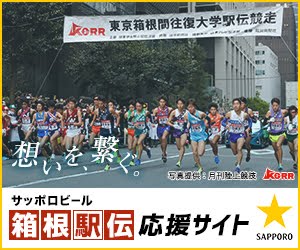













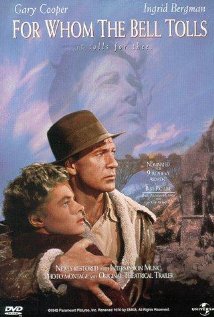

























![リオ五輪男子体操団体:日本(金)、ロシア[銀]、中国[銅]。](https://blogger.googleusercontent.com/img/b/R29vZ2xl/AVvXsEjHS61FORcH43CteZVfJzLmbqvNwOIliOSMpTpRtEi7x8j1ZwPk5rDaZovTrwuZxfDDtdEDSj673it735LF0mweIunaj7ja07lURBDYTV6wPMaAlumFt3aWWzYbHZgIaxcOLk_OKEMyQ3lX/s1600/2016+taiso+gold.jpg)
![皇太子(明仁)による沖縄訪問 [1975年]](https://blogger.googleusercontent.com/img/b/R29vZ2xl/AVvXsEjvSQrzV7yw_4gVQSwxZP_jh4VnEJscSqOqbiBh0VdAK3CRddXRqkd70JdLyws9fGejk-FGVmXWbHvSxlF3f8UogTyf9KXbqU1NGXesvcx2Hlsd6uq81AHweeioc61wynq3d2IYuyolijgT/s1600/akihito+message.jpg)




















































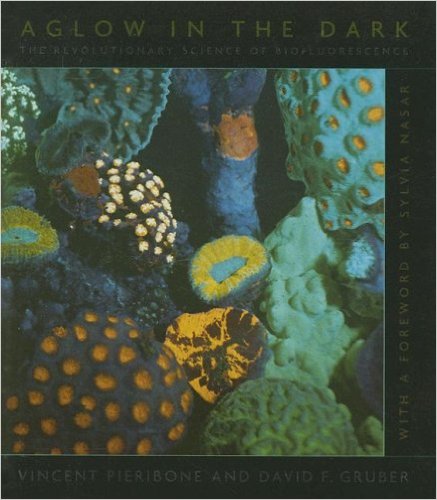














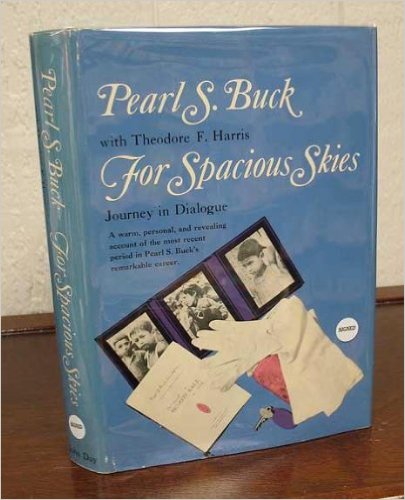





































































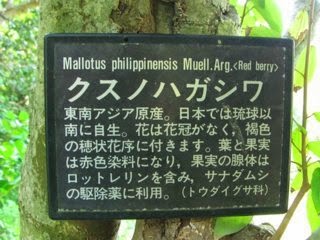








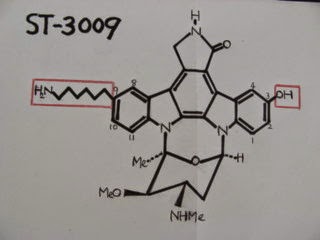







































![アルニカ [ウサギ菊]](https://blogger.googleusercontent.com/img/b/R29vZ2xl/AVvXsEilqv0qou-4NpoUh1PFWYK0FSaozKazee0VYGxsFtfjBma46ya9yxqB6X9Ziuob25tNRpBbnFIcUFlOEjz1WcAjVNzjGl1E-QbDgE7VOLkjZDx0eplJ1WJHf0fTEWXxf8F5G-cHUhqHELY9/s1600/ArnicaS.jpg)


















































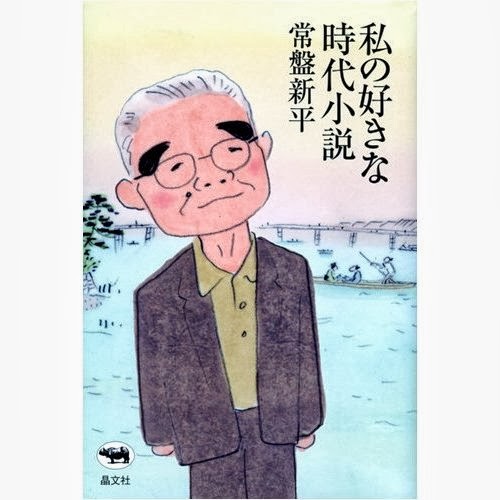










































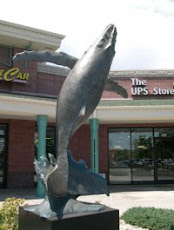










































.jpg)





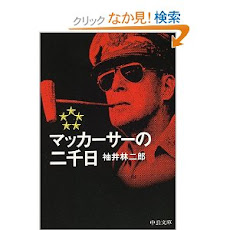

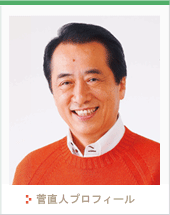







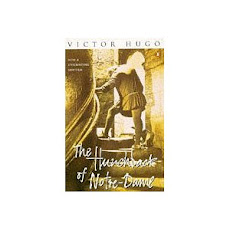
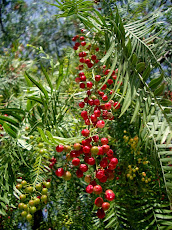




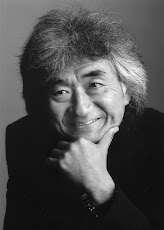

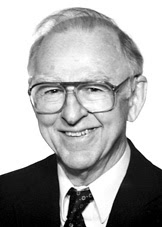








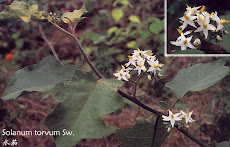


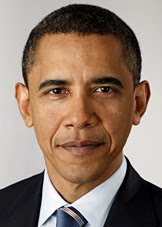




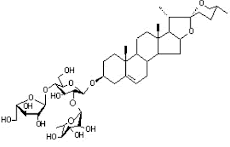
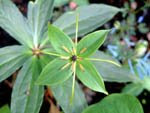
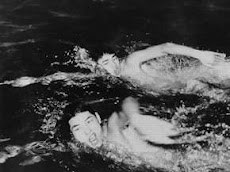
















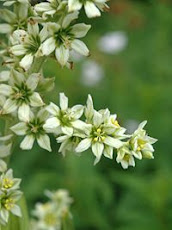





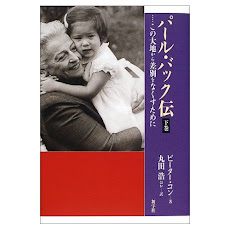


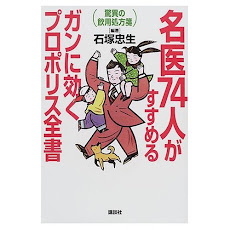



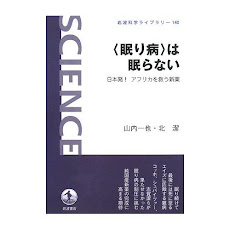





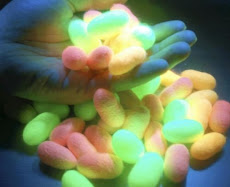
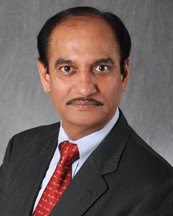





.jpg)

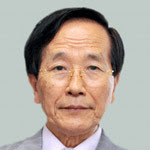



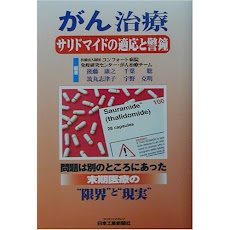
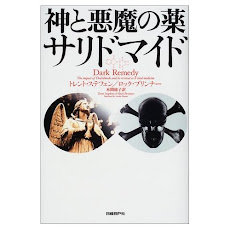



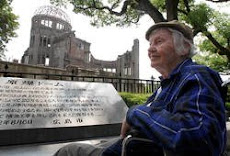






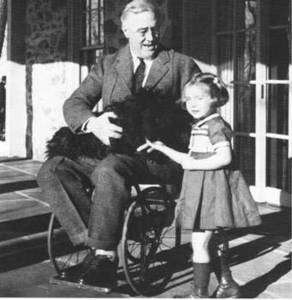






























0 件のコメント:
コメントを投稿